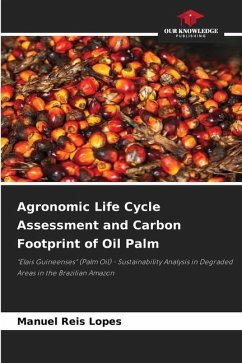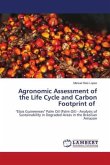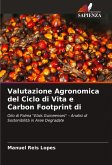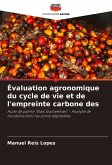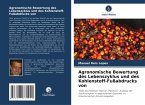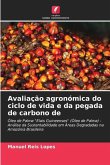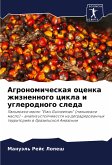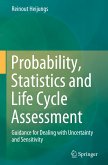Oil palm (Elaies guiniensis) is an important commodity that contributes to the livelihoods of many communities, to the GDP of governments and to the achievement of various Sustainable Development Goals (SDGs), biodiversity and climate change. However, its cultivation and continued expansion, due to high and growing demand, has led to many negative effects and subsequent calls to make production sustainable. Sustainable oil palm production fits into the global vision of sustainability, which over the years, economic crises and the climate change debate have focused the attention of academics, industrialists and policymakers on promoting a green economy. In this context, the dissertation focused on the economic/financial evaluation and life cycle assessment of an investment project for oil palm production, covering all the stages from seedling formation to harvesting. The quantification of the carbon footprint (greenhouse gas emissions) as well as other environmental impacts with effects on human health, biodiversity and resources, in degraded areas in the Brazilian Amazon.
Bitte wählen Sie Ihr Anliegen aus.
Rechnungen
Retourenschein anfordern
Bestellstatus
Storno

